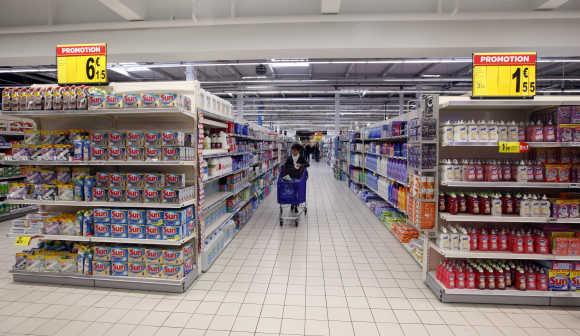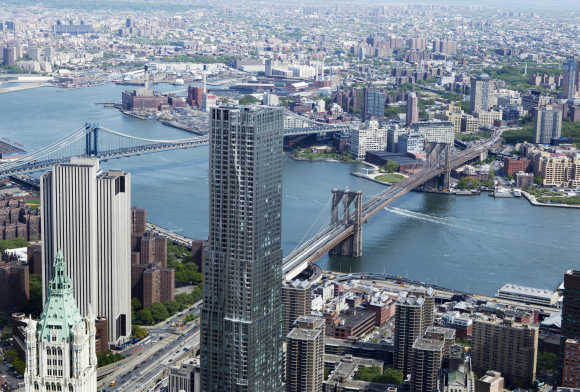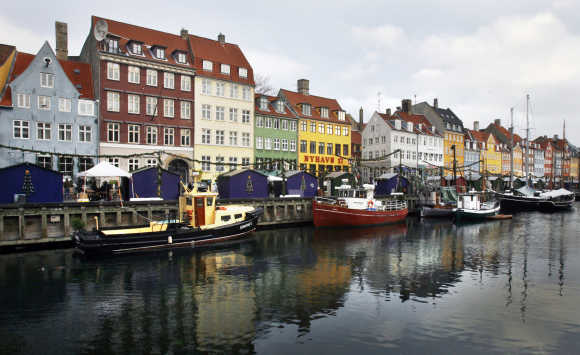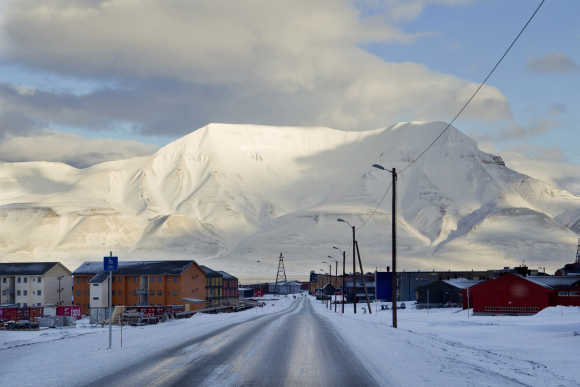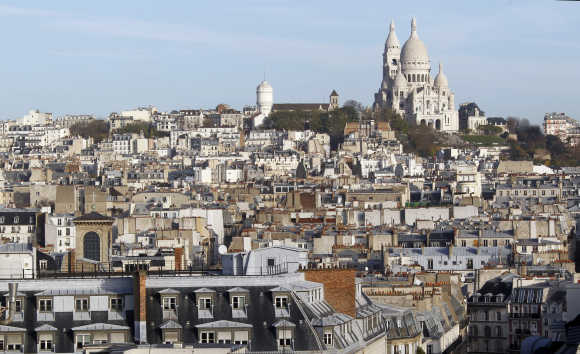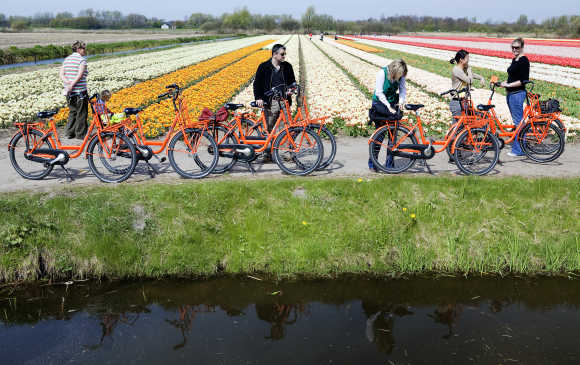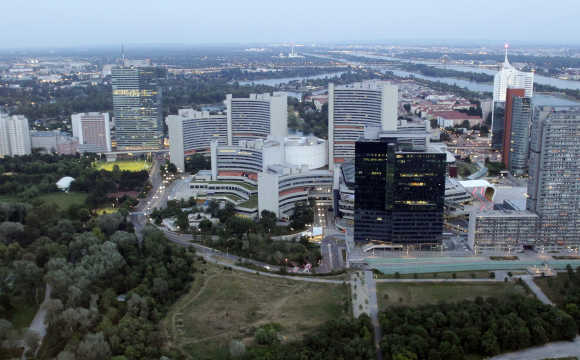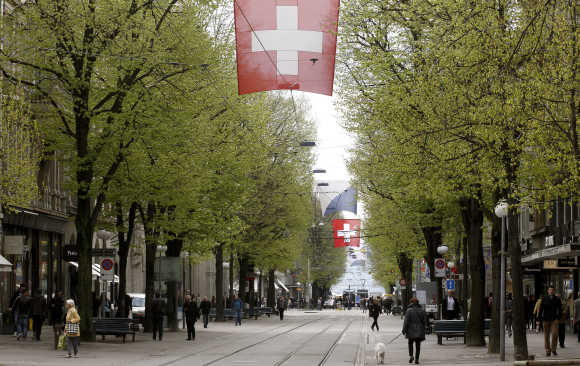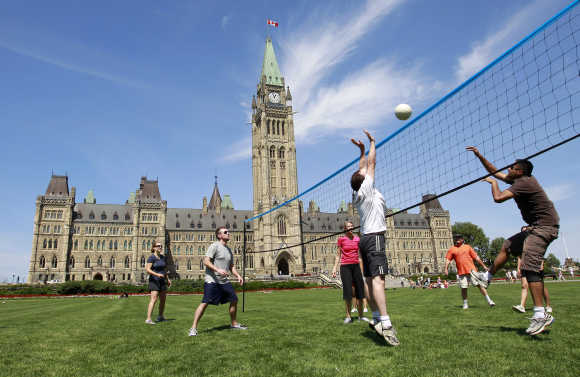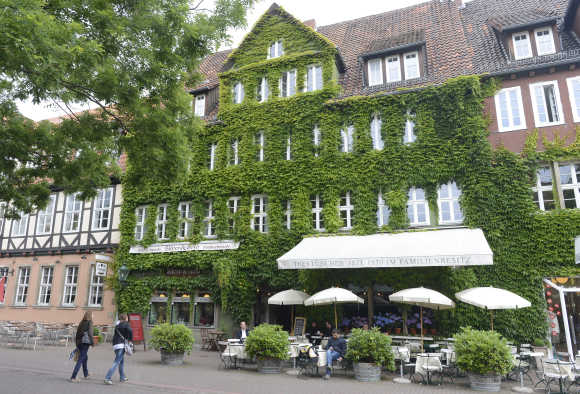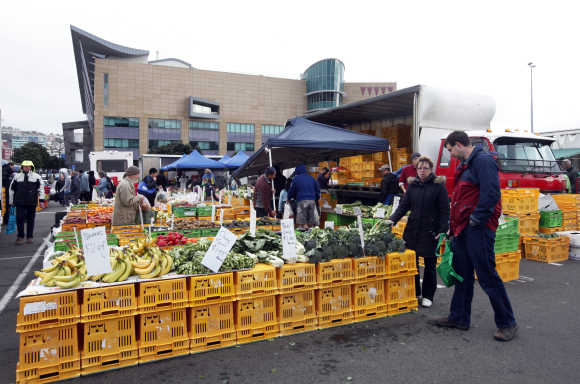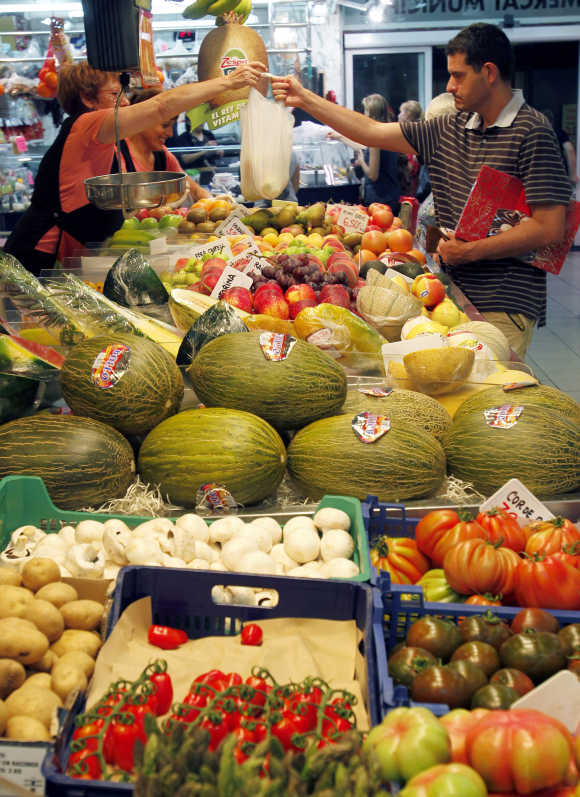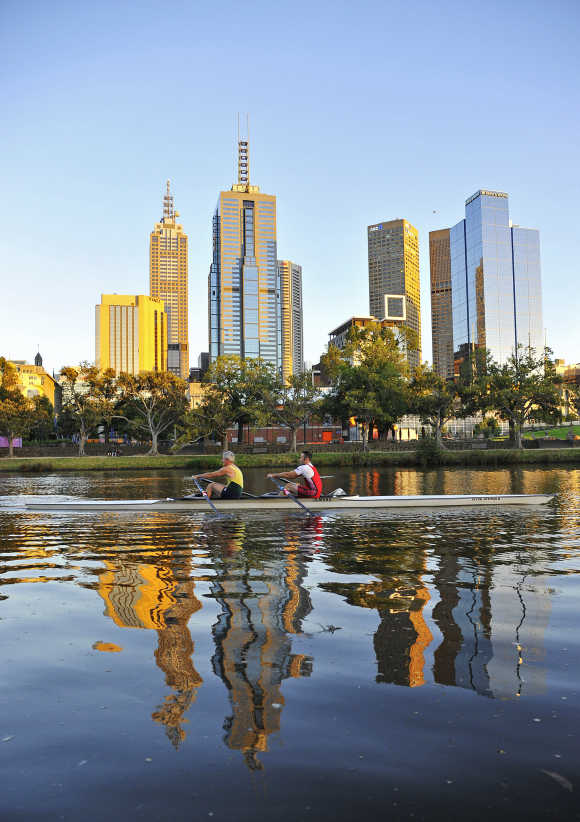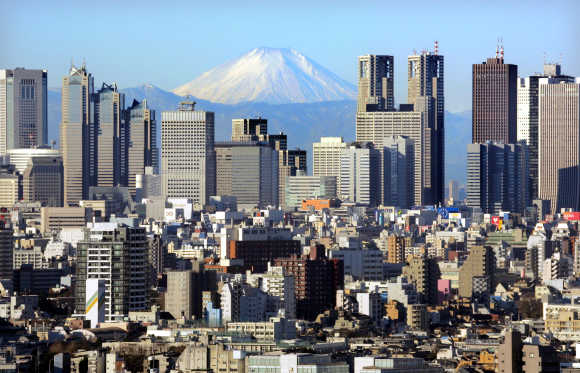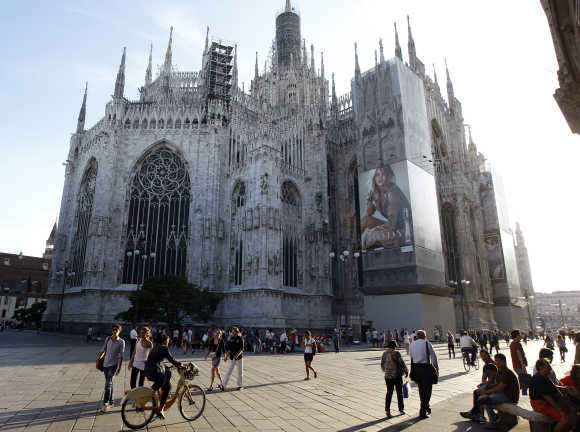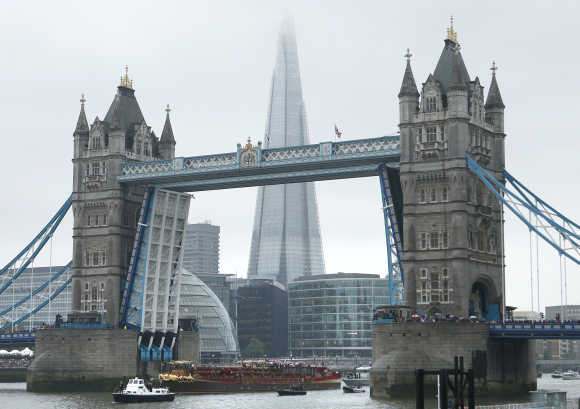 | « Back to article | Print this article |
20 most food-secure countries in the world
While the world, on balance, is richer and better fed than it was 50 years ago, those gains are now under threat. Global food prices rose twice as fast as inflation in the last decade, impoverishing millions.
So, which countries are the most food-secure? Let's take a look the most food-secure countries in the world.
Source: Economist Intelligence Unit
Click NEXT to read more...
20 most food-secure countries in the world
United States
Score/100: 89.5
Global rank: 1
World food prices rose twice as fast as infl ation in the last decade, impoverishing millions at a time when poverty relief captured the world's attention.
Click NEXT to read more...
20 most food-secure countries in the world
Denmark
Score/100: 88.1
Global rank: 2
Huge price swings for wheat, maize, soybeans and rice - staple crops for much of the world - made matters worse, disrupting markets and harming both producers and consumers.
Click NEXT to read more...
20 most food-secure countries in the world
Norway
Score/100: 88.0
Global rank: 3
The food riots that swept more than two dozen countries in 2008 and 2011 were the most visible effect of these trends, but they also point to a deeper and more lasting concern: chronic food insecurity.
Click NEXT to read more...
20 most food-secure countries in the world
France
Score/100: 86.8
Global rank: 4
The world, on balance, is richer and better fed than it was 50 years ago, but those gains are under threat. The global population is growing, and is expected to reach 9bn by 2050.
Click NEXT to read more...
20 most food-secure countries in the world
The Netherlands
Score/100: 86.7
Global rank: 5
Consumers in emerging markets are wealthier, and are spending more of their income on meats and processed foods - driving up demand and straining supplies.
Click NEXT to read more...
20 most food-secure countries in the world
Austria
Score/100: 85.6
Global rank: 6
High prices for oil and other agricultural inputs are making production more expensive. Extreme weather increasingly threatens harvests, and agricultural productivity gains are waning as investment falters.
Click NEXT to read more...
20 most food-secure countries in the world
Switzerland
Score/100: 83.7
Global rank: 7
Competing demands for crops adds to the pressure. All of this suggests that high prices - and price volatility - will threaten global food security for at least the next decade.
Click NEXT to read more...
20 most food-secure countries in the world
Canada
Score/100: 83.4
Global rank: 8
The World Bank estimates that global food price spikes in 2008 pushed 44 million people below the poverty line, most of them in poor countries.
Click NEXT to read more...
20 most food-secure countries in the world
Finland
Score/100: 83.1
Global rank: 9
But the US Department of Agriculture says almost 15 per cent of US households were food insecure in 2011, up from 11 per cent before the recent price jumps.
Click NEXT to read more...
20 most food-secure countries in the world
Germany
Score/100: 83.0
Global rank: 10
Although greater food insecurity is a result, in part, of the global economic downturn, many of the longerterm pressures are not.
Click NEXT to read more...
20 most food-secure countries in the world
New Zealand
Score/100: 82.7
Global rank: 11
The Food and Agriculture Organisation says that production needs to increase by 50-70 per cent to meet global demand by 2050.
Click NEXT to read more...
20 most food-secure countries in the world
Belgium
Score/100: 82.2
Global rank: 12
Sceptics say the world produces enough food to feed everyo#8800 that may be true, but supplies often cannot get to where they need to go because of physical, political, economic and market constraints.
Click NEXT to read more...
20 most food-secure countries in the world
Spain
Score/100: 81.2
Global rank: 13
Food insecurity is costly, and not just because people go to bed hungry; too little food raises healthcare costs and reduces workforce productivity.
Click NEXT to read more...
20 most food-secure countries in the world
Australia
Score/100: 81.1
Global rank: 14
ActionAid, a non-governmental organisation, estimates that food insecurity costs developing economies around $450 billion in lost GDP each year. Food insecurity also threatens political stability.
Click NEXT to read more...
20 most food-secure countries in the world
Portugal
Score/100: 80.8
Global rank: 15
Studies show that lack of food is correlated with a substantial deterioration of democratic institutions in low-income countries, as well as a rise in communal violence, riots, human rights abuses and civil conflict.
Click NEXT to read more...
20 most food-secure countries in the world
Japan
Score/100: 80.7
Global rank: 16
To deepen the dialogue on food insecurity - and to measure the risks in a consistent, rigorous framework - the Economist Intelligence Unit has created the Global Food Security Index.
Click NEXT to read more...
20 most food-secure countries in the world
Sweden
Score/100: 80.2
Global rank: 17
Sponsored by DuPont, the index assesses food security across three internationally designated dimensions: affordability, availability and utilisation - the last of which we call "quality and safety".
Click NEXT to read more...
20 most food-secure countries in the world
Greece
Score/100: 79.7
Global rank: 18
The index builds upon existing research on food security, including the FAO's annual State of Food Insecurity in the World report, the Global Hunger Index of the International Food Policy Research Institute, and the Maplecroft Food Security Risk Index, among others.
Click NEXT to read more...
20 most food-secure countries in the world
Italy
Score/100: 79.1
Global rank: 19
GFSI complements these tools by analysing the inputs, or the drivers, of food security as a way of fostering dialogue about practical solutions and policy reforms. Importantly, the index considers the nutritional quality and safety of food - elements missing from similar indices - alongside traditional supply and availability issues.
Click NEXT to read more...
20 most food-secure countries in the world
United Kingdom
Score/100: 79.0
Global rank: 20
Finally, the index will feature a unique ongoing adjustment for changes in food prices and other macroeconomic factors, allowing it to serve as an early warning of potential price shocks that might compromise a country's food security, or worsen already poor conditions.
